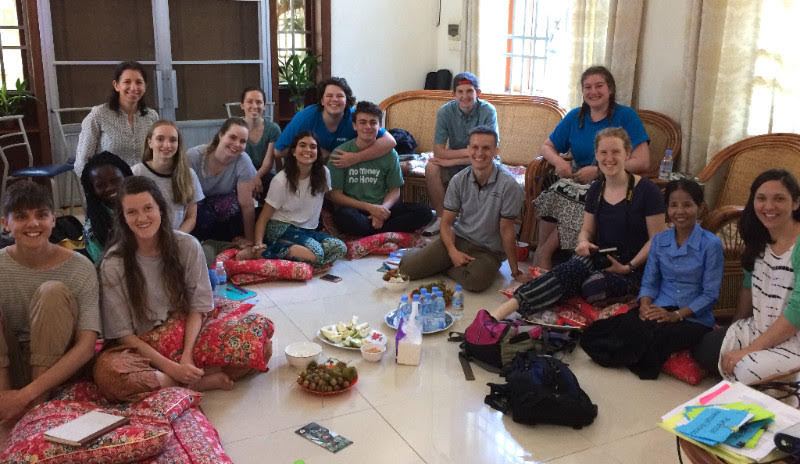
Educational resources and information about orphanages
In order to see a world where every child is able to grow up in a safe, caring, nurturing and loving family, we first need to see a shift in support away from orphanages towards work which strengthens families. Educators play a hugely important role in achieving this.
For the most part, the countries who volunteer or donate to orphanages abroad the most are the countries that no longer have orphanages themselves. The general public in places such as the UK, USA and Australia have limited knowledge about what growing up in an orphanage is actually like, but on the whole believe that supporting one is a good thing to do.
We’ve pulled together some of the key facts and statistics on orphanages to help start a larger conversation:
- Globally, over 80% of children in orphanages have a living parent.
- Up to 8 million children are thought to be living in orphanages.
- Children who grow up in orphanages are at much higher risk of becoming victims of violence, trafficking and exploitation.
- Care leavers face a higher risk of homelessness, mental health challenges and suicide.
- In many countries, income from donations and volunteering is driving the rise in orphanages.
- Orphanages can be up to 10 times more expensive than caring for a child in a family.
- There is a global effort to end the use of orphanages. Every country in the world has committed to family-based care.
For schools and universities
The following resources have been developed by members of the ReThink Orphanages coalition in order to support schools and universities to strengthen their work around overseas student volunteering and travel.
Australia
Curriculum resource - aimed at 15 - 18 year olds, have been designed to support educators in teaching about the complex issue of institutionalisation and orphanage tourism in the classroom.
Self Assessment Tool - Developed by our partner organisations in Australia - Save the Children Australia, World Challenge and ALTO - this self assessment tool has been designed to help schools and universities undertake their own due diligence on their service learning, volunteering and community engagement activities overseas. The tool will help with risk assessment and management of overseas trips and is user friendly, with clear guidance and best practice examples.
USA
Teaching resources - designed by and for US educators to navigate the complexities of ethical global volunteer practices, including engagement with orphanages and residential care institutions. These resources provide a way to introduce students to: ethical and responsible community engagement and issues of orphanage tourism and voluntourism. The resources are aimed for high school students and can be modified for middle school:
- Designing an ethical global service learning program
- Unpacking global poverty through service learning
UK
England curriculum resource - these resources have been developed to support English schools to navigate the complexities of engagement with orphanages and residential care institutions overseas as part of a Gap Year project or an overseas expedition. They are designed to provide an overview of the issues of orphans and vulnerable children, orphanage tourism and ‘voluntourism’, and ethical and responsible community engagement. The resources are aimed at KS4 and KS5 and have been designed to align with the English curriculum - specifically the SMSC and PSHE criteria.
The University Pledge
Several universities in Europe have pledged not to support orphanage volunteering by committing to not allow the promotion of such opportunities to their students. Find out more and get involved.
If your school, college or university currently supports an orphanage overseas we can help to review this to ensure that efforts are directed towards programs that will help families stay together. Contact us to find out more.
For volunteer sending organisations
A conversation guide for gap year advisors has been developed by the Better Care Network as part of The Love You Give campaign to support volunteer-sending organisations to speak about orphanage volunteering to prospective volunteers.